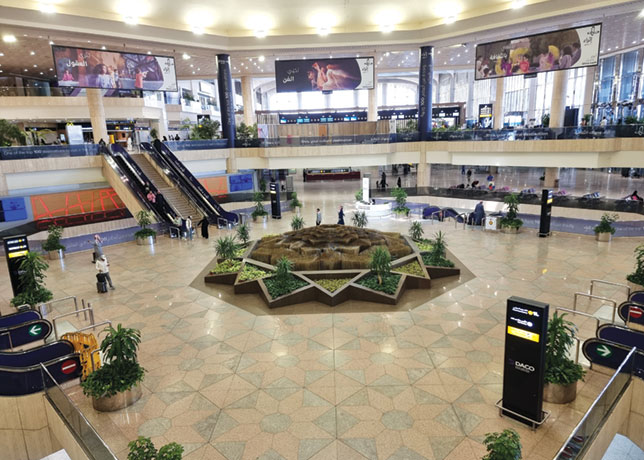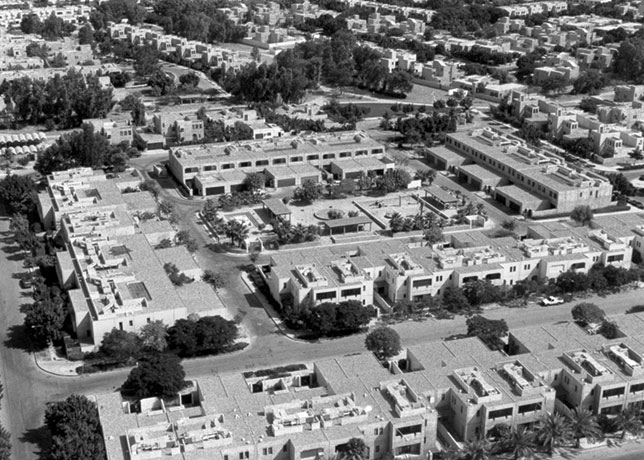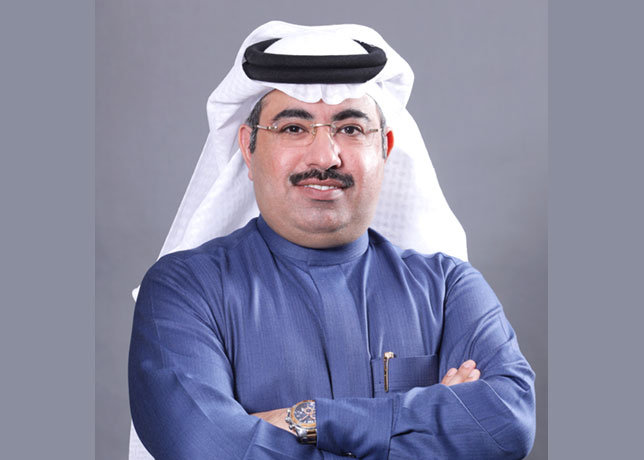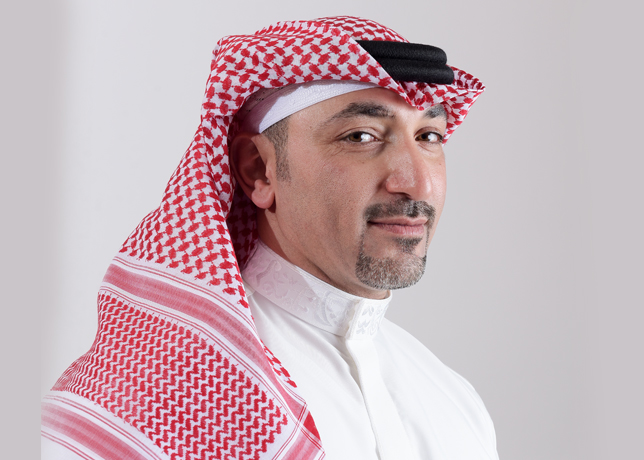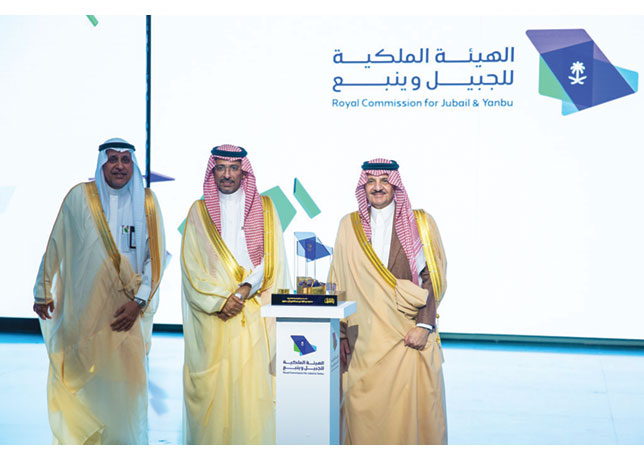
 From left, Al-Salem, Bandar Alkhorayef, Minister of Industry and Mineral Resources, and Saud bin Nayef, Governor of Eastern Province at the launch of the new brand identity for RCJY in March 2024
From left, Al-Salem, Bandar Alkhorayef, Minister of Industry and Mineral Resources, and Saud bin Nayef, Governor of Eastern Province at the launch of the new brand identity for RCJY in March 2024
From deserts to dynamic cities, the RCJY has reshaped Saudi Arabia into a refined petroleum and petrochemicals leader, driving economic growth and aligning with Vision 2030 aspirations
With the establishment of the Royal Commission for Jubail and Yanbu on Ramadan 16, 1395 Hijri (corresponding September 22, 1975), Saudi Arabia embarked on a path to reshape itself as a supplier of refined petroleum products and petrochemicals while moving beyond its long-held role as a simple exporter of crude oil.
This year on Ramadan 16, 1445 (corresponding March 26, 2024), the RCJY marked 50 years of its existence and many laurels to boast about.
It celebrated the anniversary with a new brand identity that represents a new chapter of innovation and development, and reflects Commission's commitment to Vision 2030.
'Indeed, one can feel the stages that have passed in 50 years and how these cities were built from scratch. I mean, they were deserts, and how they have become today with hundreds of thousands of residents and inhabitants. The challenge was great in their beginnings, so one truly feels it,' Engineer Khaled Al-Salem, President of the Royal Commission for Jubail and Yanbu (RCJY), said in an interview to the Rotana Khaleejia TV channel.
 |
Al-Salem ... diversification focus |
Today, the four cities under RCJY’s management—Jubail, Yanbu, Ras Al Khair and Jizan - contribute to more than 40 per cent of the national non-oil exports.
Combined, the cities have a total annual production capacity of 500 million tonnes, of which around 181 million tonnes is exported and the rest is consumed locally.
They also supply 6 to 7 per cent of the world’s basic petrochemical supplies.
The Commission alone has in the past 50 years invested SR225 billion ($60 billion), of which SR90 billion is operational investments for running the cities and rest is capital.
Meanwhile, the total investments, both public and private, in these cities is over SR1.4 trillion.
Al-Salem said every riyal invested by the government through the commission was matched by SAR 8.9 from the private sector, with the RCJY aiming to increase this figure to SAR 9 by 2024.
THE NEED FOR NEW CITIES
 |
A SABIC manufacturing site in Jubail |
The idea to build the cities of Jubail and Yanbu, flanking the Kingdom’s eastern and western coasts, respectively, came about in the 1970s.
Oil revenues during that time were significant but so were the oil shocks. And the Kingdom felt it should exploit all the associated gas that was being flared off and use it to build value-added products.
'It was a window of opportunity in the petrochemical market, which doesn't always come,' as described by Prince Abdullah bin Faisal bin Turki, former chairman and CEO of the RCJY.
A study was commissioned in this regard during the reign of the late King Faisal. Proposals flowed from companies including Bechtel, which would later lead the construction of the new industrial city.
And in 1975, the foundation stone for the Commission was laid by the late King Khalid, who also issued a royal decree stipulating its financial and administrative independence, crucial for the Commission's success.
Jubail was considered the ideal location because of its proximity to the sea and the oil fields in the eastern region.
With Aramco collecting gas, SABIC was established to use that gas to produce petrochemicals.
The alliance between the Royal Commission, Aramco, and SABIC was thus called the ‘golden triangle’.
 |
The Jubail Industrial City was meticulously planned |
On the Kingdom’s western side, the need for an industrial city arose, after the Lebanon war disrupted oil flow through the Trans-Arabian Pipeline; and thus, the idea that there must always be another outlet for export led to the development of Yanbu.
This choice of option, of two complexes – one on the Red Sea coast and one on the Arabian Gulf coast – proved fruitful in the Gulf War when most the petroleum was exported through Yanbu.
The RCJY had a strong backing from successive rulers after King Faisal, and during the rule of the late King Fahad, construction began and infrastructure was laid, and industries began to be established.
STANDING THE TEST OF TIMES
During the Gulf War, there were challenges to the Jubail Industrial City.
Firstly, it was manpower. During the Gulf War, when foreigner workers were fleeing the region, the Saudis managed to operate the industries 24/7.
 |
Yanbu is home to major refineries like Samref |
'The non-stop work really helped the economy. You could export products and oil during a war, without interruptions,' Al-Salem said.
Another challenge was the oil spill during the war. A contamination of the seawater on Jubail’s shores would have jeopardised the operations of the factories, which drew water for cooling in large quantities.
Fortunately, the Abu Ali Island north of the province, acted like a natural barrier against the spill.
BILLION-DOLLAR FACTORIES
All four cities have 541 industries between them, with Jubail housing a significantly larger number.
To the skeptic, this might seem a small figure, but as Al-Salem puts it, these are huge factories, each worth billions and 'equal to maybe a hundred factories'.
For instance, Satorp is worth $13 billion and Sadara is worth $20 billion.
In the case of Sabic, the chemical manufacturing giant owns other factories, including Petrokemya, Ar-Razi and Eastern Petrochemical Company (SHARQ) in Jubail, and Yansab in Yanbu, and others.
Some of these industries have been built through global partnerships, such as the Sabic-ExxonMobil partnership in YANPET in Yanbu and Chemia in Jubail, with Mitsubishi in Sharq, Total-Aramco in Satorp, etc.
Meanwhile, Yanbu is home to major refineries like YASREF and SAMREF, joint ventures with Sinopec and ExxonMobil, respectively.
It is also home to the National Titanium Dioxide Company (Cristal) owned by Tasnee, produces titanium dioxide, a material used in paints, for example.
The growth of the processing industries in the Kingdom is a clear signal of the shift in focus towards value added products in the downstream.
'In the past, basic industries were predominant, but in 2023 alone, processing industries increased by 11 per cent, and small industries increased by 77 per cent,' said Al-Salem.
EXPANSION OF THE RCJY
 |
A Marafiq utility station in Jubal |
In 2003, during the rule of the late King Abdullah, both Jubail and Yanbu saw expansion, and Jubail II and Yanbu II were constructed.
And during King Salman’s time, he inaugurated projects, like Sadara and Satorp in Jubail II which were valued at $20 billion and $10 billion, respectively.
The success of the Commission meant that it was asked to extend its expertise to other regions.
And thus Ras Al-Khair, a mining city, and Jazan also came under the RCJY umbrella.
Ras Al-Khair, home to mining giant Ma’aden and the King Salman International Complex for Maritime Industries and Services, was included in 2009.
Initially, Ma'aden started developing Ras Al-Khair at the state's directive, building phosphate, fertilizer and aluminum factories. Then the RCJY took over and completed the infrastructure development.
The fourth and recent region put the RCJY management is Jazan.
The commission envisions it to be like Jubail and Yanbu. Today, it’s home to Aramco’s 400,000 barrels per day (bpd) refinery and 11 factories, with more diverse industries underway, including steel, titanium and sugar factories.
There is heavy Chinese investment in the region, especially in mining, to import raw materials from Africa and produce final products in Jizan.
The opening of the local port has had a great impact, attracting Chinese industries to invest in Jazan, and adding new trade routes.
Currently, the RCJY also manages the ports in these four cities. These include the King Fahd Industrial Port in Jubail, King Fahd Industrial Port in Yanbu, Ras Al-Khair Port, and Jazan City Port Basic and Transformative Industries.
FUTURE STRATEGY
 |
The Sadara Chemical Company in Jubail II is worth $20 billion |
The RCJY has identified 12 investment sectors in line with National Industrial Strategy.
In its 50th year anniversary celebrations this year, the Commission launched its 2040 strategy, to double investment to SR2.8 trillion.
Al-Salem said investments worth SR300 billion were currently under study from around the world.
He mentioned China aggressively making investments, including investment SR38 billion in in aluminum in Yanbu; SR27 billion in Jubail in plastics; and a partnership between Aramco and Baosteel in in Ras Al Khair.
The RCJY is also gearing up for the Ministry of Energy’s ambitious plan to convert 400,000 barrels of crude oil into petrochemicals
Al-Salem said they were working with the Ministry of Energy on the plan.
He said there were already huge projects in Jubail and Yanbu for converting petroleum into petrochemicals.
'And having complete supply chains meant having a significant competitive edge, enabling the Kingdom to be a global supplier,' he added.
PLANNING AND INFRASTRUCTURE
The cities of Jubail and Yanbu were carefully planned by two American companies, and are considered modern cities by global standards.
Bechtel was in charge of Jubail, and Parsons looked after Yanbu. These companies adopted the best engineering standards available in the US at that time.
These cities came with something new. For instance, Jubail is raised a metre and a half.
'The amount of filling done in Jubail is enough to cover a 9-meter-wide road across the world’s,' said Al-Salem.
He said proper planning was done to build the cities. Geological studies were undertaken, and details including the weather and wind movement was considered, so that residential areas didn’t have to face air coming from industries.
As for the industries, the basic industries had to be closest to the sea because they take large quantities of cooling water from the sea and also export large quantities through the ports.
Residential neighbourhoods were also meant to be close to the sea so that residents could enjoy the waters.
All the city’s services and utilities are installed in designated service corridors on the sidewalks, avoiding the need to dig up streets in the future.
There are channels underneath that allow to deal with issues, such as connections.
'It's easy; you don't need to dig, you just pull. When we, for example, converted from copper to fibre telephone lines, we pulled out the copper wires and laid the fibre without digging,' Al-Salem said.
A distinguishing feature of the Jubail city is its rainwater drainage networks, designed to handle the highest rainfall and flood rates.
Unlike other parts of the country, the industrial area of Jubail is least impacted by water accumulation during rains due to its robust infrastructure.
The cities utilise the gravity drainage system that carries the rainwater directly to the sea.
Al-Salem said the RCJY is also working with the Saudi Arabia Railways (SAR) to study the feasibility of a passenger train from Jubail to Dammam.
Currently, only a freight line exists. But Al-Salem said the city will get a passenger station in two years time.
To address the issue of housing, Al-Salem said the Commission has started building homes in partnership with real estate developers.
The first project for 1,900 villas in Jubail has been awarded to two developers. This will be followed by two more phased projects of 5,000 houses each.
In Yanbu, he said 1,100 houses were ready.
The waiting time for Commission employees for housing will be reduced to four years, starting 2027.
CONCLUSION
The RCJY has been instrumental in transforming Saudi Arabia's industrial landscape over the past decades.
From its inception in 1975, the Commission has driven the nation’s shift from a crude oil exporter to a leading supplier of refined petroleum products, contributing significantly to the country's economic diversification and industrial growth.
Today, the four cities under its management – Jubail, Yanbu, Ras Al Khair, and Jazan – are pivotal to Saudi Arabia's non-oil exports and global petrochemical supply.
As RCJY celebrates its achievements and unveils its 2040 strategy, it remains committed to fostering innovation, attracting global investments, and advancing the Kingdom's ambitious Vision 2030 goals.
The Commission’s enduring legacy of meticulous planning, robust infrastructure, and strategic partnerships underscores its pivotal role in shaping Saudi Arabia’s industrial future.
By Abdulaziz Khattak



















































































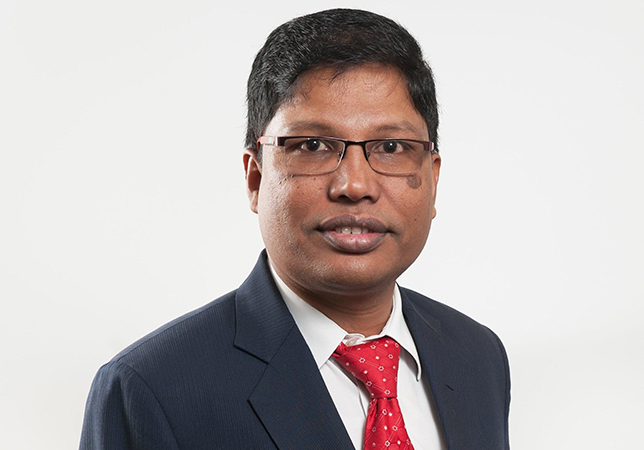
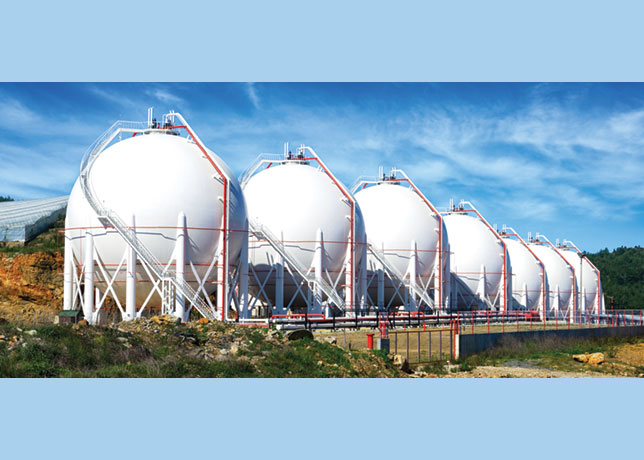
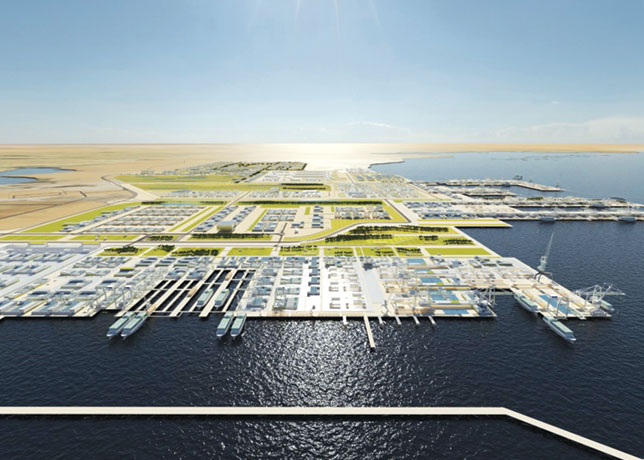

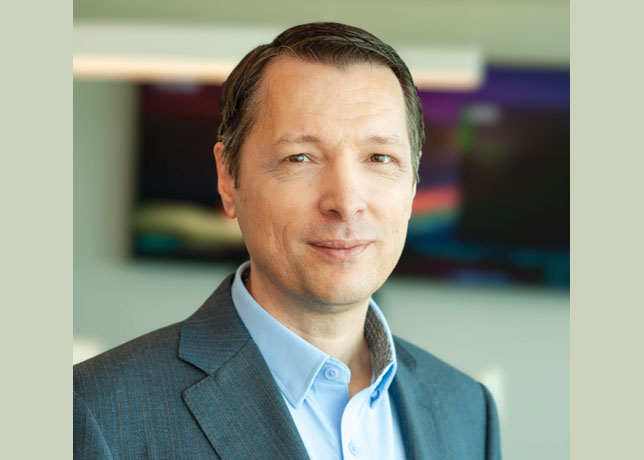
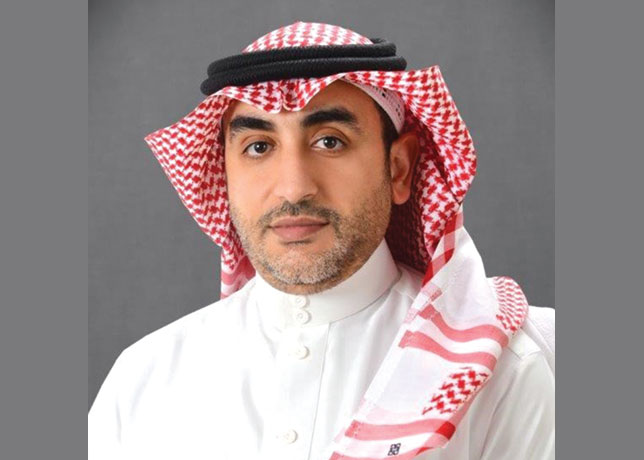
-with-Parab-(centre).jpg)
